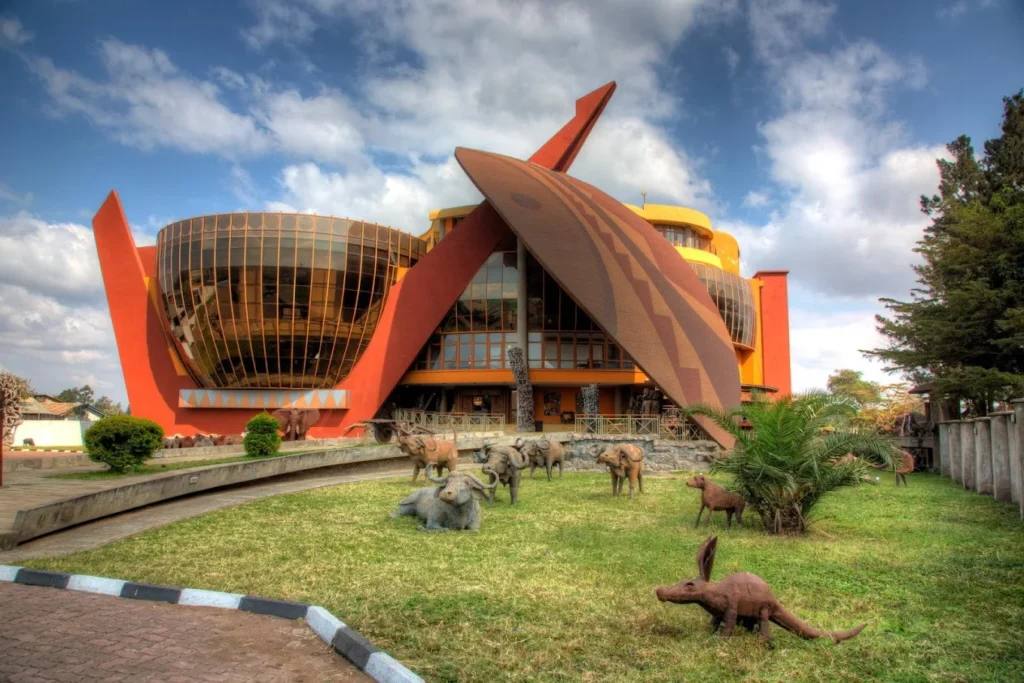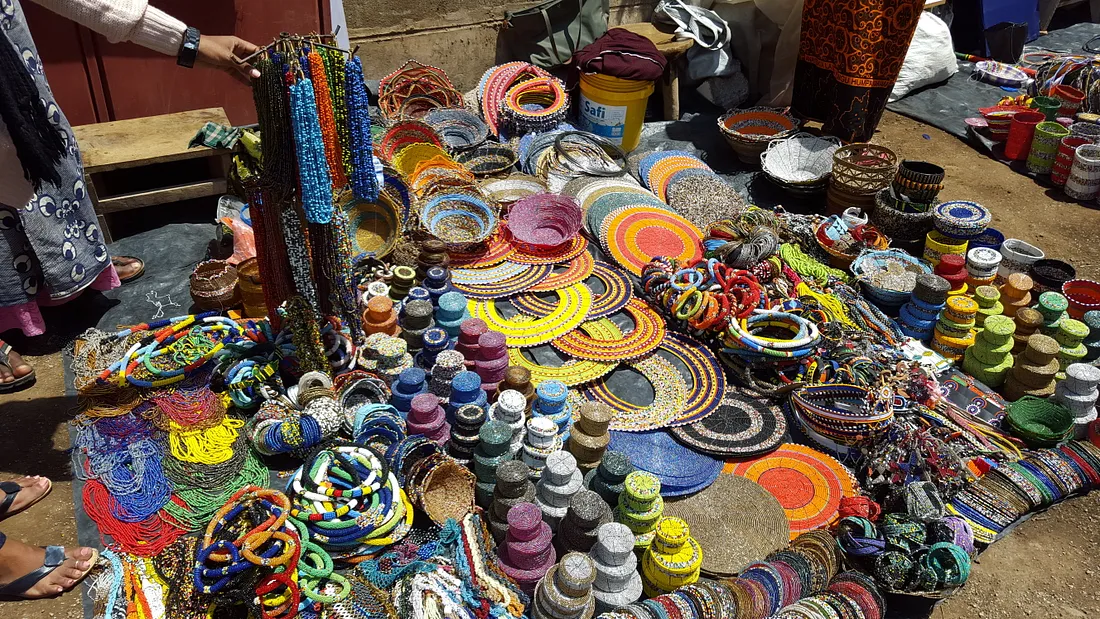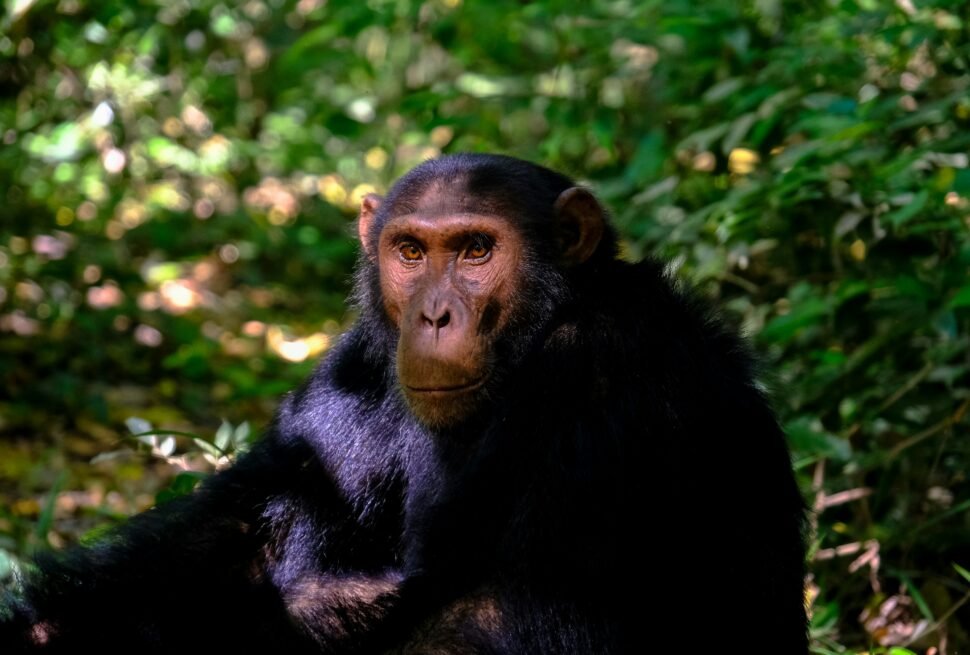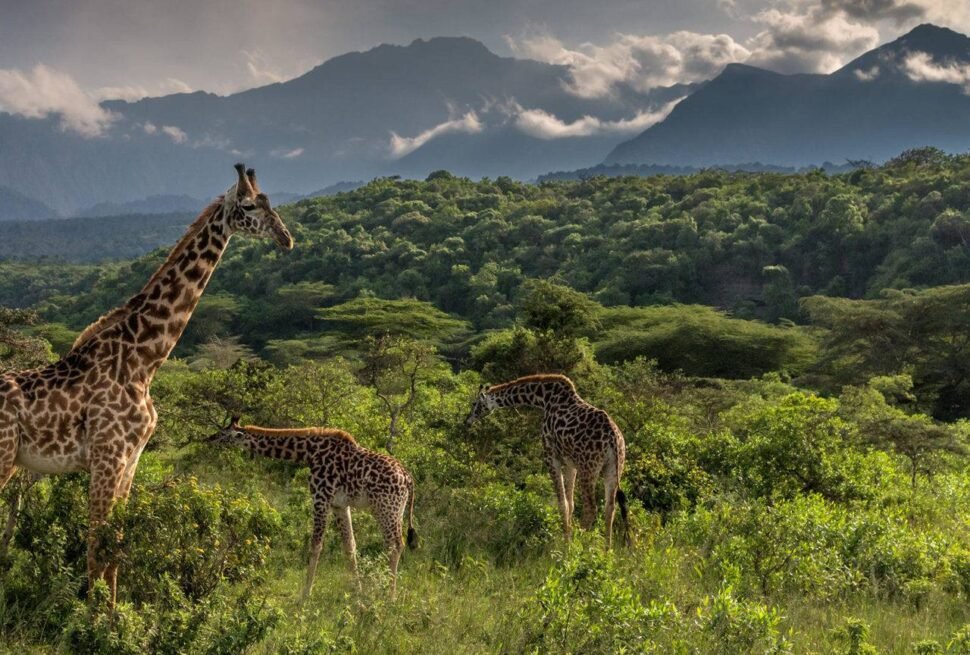Table of Contents
Tanzania isn’t just a destination for breathtaking safaris and pristine landscapes—it’s also a treasure trove of vibrant culture and artisanal craftsmanship. From bustling markets in Dar es Salaam to quaint craft villages in the heart of the country, the tanzanian souvenirs you bring home from Tanzania tell a story of its rich heritage. In this guide, we’ll explore the must-have souvenirs that capture the spirit of Tanzania, highlight the best buys, and reveal where to find these authentic gems.
The Cultural Tapestry Behind Tanzanian Souvenirs
Tanzanian souvenirs are more than mere mementos—they’re windows into the country’s diverse traditions and artistic expression. Each item reflects the distinct regional influences, from the coastal Swahili art of Zanzibar to the bold, colorful designs of Maasai crafts in the northern highlands. By choosing local souvenirs, you not only bring home a piece of Tanzania’s vibrant soul but also support communities and artisans dedicated to preserving centuries-old traditions.
Top Must-Have Souvenirs
1. Hand-Carved Wooden Sculptures and Masks
What They Are:
Intricately carved wooden sculptures and tribal masks represent the artistic prowess of Tanzanian craftsmen. These pieces often feature traditional designs and symbols, telling stories of local folklore and ancestral heritage.
Where to Find Them:
- Local Markets: Wander the bustling markets in Arusha and Dar es Salaam, where artisans display their work.
- Craft Villages: Visit dedicated craft centers where you can meet the artisans and watch them at work.
2. Vibrant Textiles: Kanga and Kitenge
What They Are:
Tanzanian textiles, including kanga and kitenge fabrics, are renowned for their bright colors and bold patterns. These versatile fabrics are used to create everything from clothing and accessories to home décor items.
Where to Find Them:
- Dar es Salaam Markets: Explore the textile stalls for a wide range of designs and patterns.
- Local Boutiques and Villages: In smaller towns, you can often find handcrafted fabrics that aren’t mass-produced, offering a unique slice of local style.
3. Maasai Jewelry and Beaded Accessories
What They Are:
Exquisite beadwork is synonymous with Maasai culture. Colorful necklaces, bracelets, and earrings made from locally sourced beads capture the dynamic spirit and artistry of the Maasai people.
Where to Find Them:
- Craft Markets: Look for authentic pieces in markets around Arusha and the Ngorongoro region.
- Ethical Boutiques: Many operators now ensure that your purchase directly benefits the local communities, offering ethically sourced jewelry.
Tanzanite Jewelry
What They Are:
Tanzanite jewelry is crafted from a rare gemstone found exclusively in the Merelani Hills near Mount Kilimanjaro. These exquisite pieces—ranging from elegant necklaces to striking earrings and rings—feature deep blue-violet hues and a unique sparkle that captures the essence of Tanzania’s natural wonders. Each item not only exudes luxury but also serves as a lasting memento of your Tanzanian adventure.

4. Tanzanian Coffee and Spices
What They Are:
Tanzania produces some of the world’s finest coffee and an array of aromatic spices. From rich, full-bodied coffee beans to exotic spice blends, these consumable treasures are a delight for the senses.
Where to Find Them:
- Local Cooperatives and Shops: Purchase directly from local growers and vendors in regions known for agriculture.
- Specialty Stores: In major cities, you can find shops dedicated to selling high-quality, locally sourced coffee and spices.
5. Tinga Tinga Art and Paintings
What They Are:
Originating from Tanzania’s vibrant art scene, Tinga Tinga paintings are characterized by their whimsical, colorful depictions of wildlife and everyday life. This distinctive style is instantly recognizable and a favorite among collectors.
Where to Find Them:
- Art Galleries and Markets: Seek out galleries in Dar es Salaam or Zanzibar where local artists display their work.
- Cultural Centers: Visit cultural hubs where you can learn about the history and techniques behind Tinga Tinga art.
6. Handcrafted Ceramics and Pottery
What They Are:
Tanzanian pottery, ranging from decorative vases to everyday utensils, combines functionality with artistic flair. These ceramics often feature earthy tones and traditional motifs, making them perfect for home décor.

Where to Find Them:
- Local Pottery Studios: In towns known for their artisanal heritage, visit studios where you can see the creation process firsthand.
- Souvenir Shops: Many lodges and tourist centers offer a curated selection of locally made pottery.
7. Unique Musical Instruments
What They Are:
Traditional musical instruments, such as small drums, thumb pianos (mbira), or rattles, not only serve as decorative items but also capture the rhythm of Tanzanian culture. They make wonderful gifts or conversation starters.
Where to Find Them:
- Local Markets: Check out markets in larger cities where musicians and craftsmen sell these instruments.
- Cultural Festivals: Timing your visit to coincide with local festivals can provide opportunities to purchase instruments directly from performers.
8. Woven Baskets and Natural Fiber Crafts
What They Are:
Handwoven baskets, mats, and other items crafted from natural fibers showcase the ingenuity and resourcefulness of Tanzanian artisans. These items are both practical and beautiful, perfect for home organization or décor.
Where to Find Them:
- Craft Villages: Look for local craft centers where traditional weaving techniques are passed down through generations.
- Ethnic Markets: Major tourist hubs often feature stalls dedicated to woven crafts, each piece telling its own story.
9. Organic Beauty Products
What They Are:
Tanzania is home to natural ingredients that have been used for centuries in traditional beauty remedies. Products like shea butter, coconut oil, and herbal balms are prized for their purity and effectiveness.
Where to Find Them:
- Local Health Shops: Explore shops in urban centers that focus on organic and natural products.
- Market Stalls: In smaller towns, local vendors offer handmade beauty products crafted from locally sourced ingredients.
10. Authentic Souvenir T-Shirts and Caps
What They Are:
Printed with traditional designs or slogans that capture the essence of Tanzania, souvenir T-shirts and caps are a fun and practical way to remember your trip. They often feature motifs inspired by wildlife, cultural symbols, or iconic landscapes.
Where to Find Them:
- Tourist Centers: In popular tourist spots, you’ll find a wide range of apparel that celebrates Tanzanian heritage.
- Local Designers: Seek out locally owned boutiques that offer unique, high-quality garments made by Tanzanian designers.
Where to Shop for Tanzanian Souvenirs
Urban Markets and Boutiques
- Cultural Heritage: One of the largest markets in Arusha, it offers a wide array of crafts, textiles, and local delicacies.

- Arusha Maasai Market: Ideal for finding authentic Maasai jewelry, traditional fabrics, and locally made art.
- Boutiques in Major Cities: Urban centers like Dar es Salaam, Dodoma and Zanzibar City host shops that feature high-quality, curated collections of local crafts.
Cultural Villages and Craft Centers
- Craft Villages in Northern Tanzania: Areas around Arusha and the Ngorongoro Crater are renowned for their artisan communities. Visiting these villages not only gives you a chance to purchase unique items but also allows you to learn about the creative process from the artists themselves.
- Cultural Centers and Museums: Many cultural institutions offer gift shops that sell authentic souvenirs while also providing historical context about the items and the communities behind them.
Safari Lodges and Tourist Resorts
Many high-end safari lodges and resorts offer exclusive souvenir shops that feature locally sourced items. While these may be slightly more expensive, they often provide a guarantee of authenticity and quality. In addition, purchasing directly from these establishments helps support local conservation and community projects.
Tips for Buying Authentic Souvenirs
- Do Your Research: Learn a little about the souvenirs you’re interested in before you buy. Knowing the history and cultural significance of an item can enhance your appreciation and help you spot authentic pieces.
- Haggle Respectfully: Bargaining is a common practice in many Tanzanian markets. Approach negotiations with a friendly attitude and a respect for local customs.
- Support Local Artisans: Look for sellers who represent local communities rather than imported mass-produced items. Ask about the maker’s story and consider leaving a generous tip if you’re particularly impressed.
- Check for Quality: Authentic souvenirs should be well-crafted. Take a close look at the materials, craftsmanship, and details. Inquire if the item is handmade and where it was produced.
- Keep Receipts: Many vendors offer certificates of authenticity, especially for more expensive items like handcrafted jewelry or art pieces. Keeping a receipt or certificate can be a great way to verify your purchase and even for resale or gifting purposes.
Conclusion
Tanzania offers an abundance of unique souvenirs that are as diverse and enchanting as the landscapes and wildlife it is famous for. Each souvenir is a tangible reminder of your journey or your unforgettable Tanzania safari and a way to support the local communities that make these treasures possible.
Whether you’re collecting gifts for loved ones or treating yourself to a cherished keepsake, let your souvenirs tell the story of your Tanzanian adventure.




